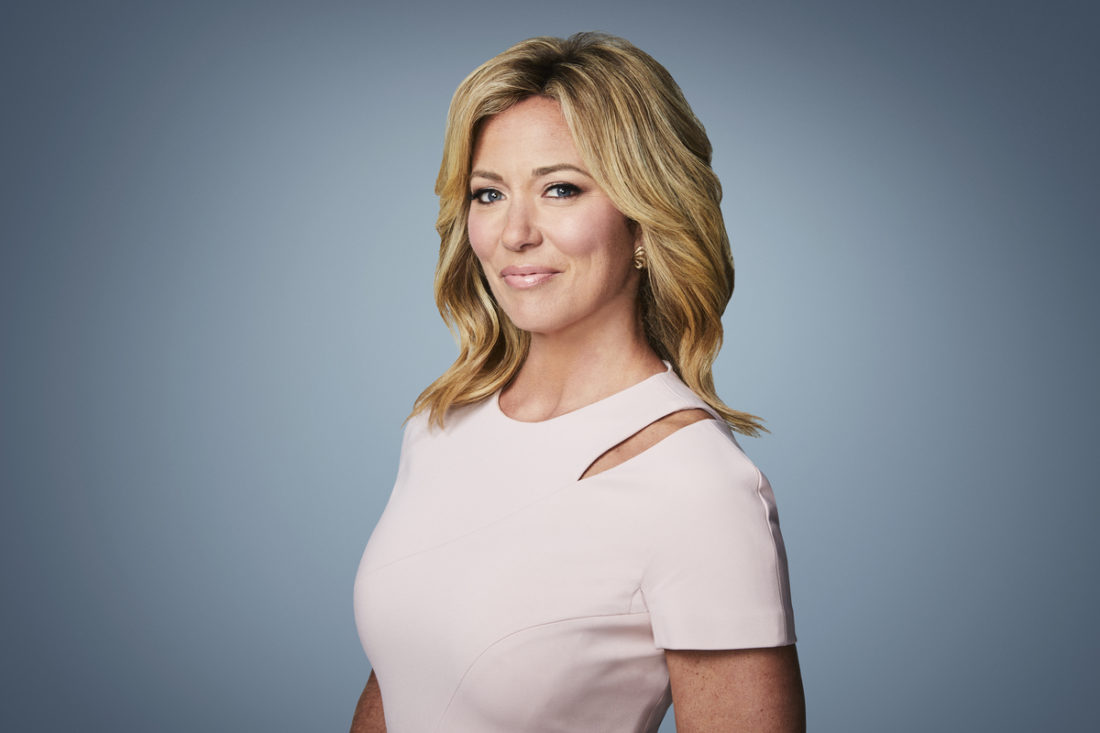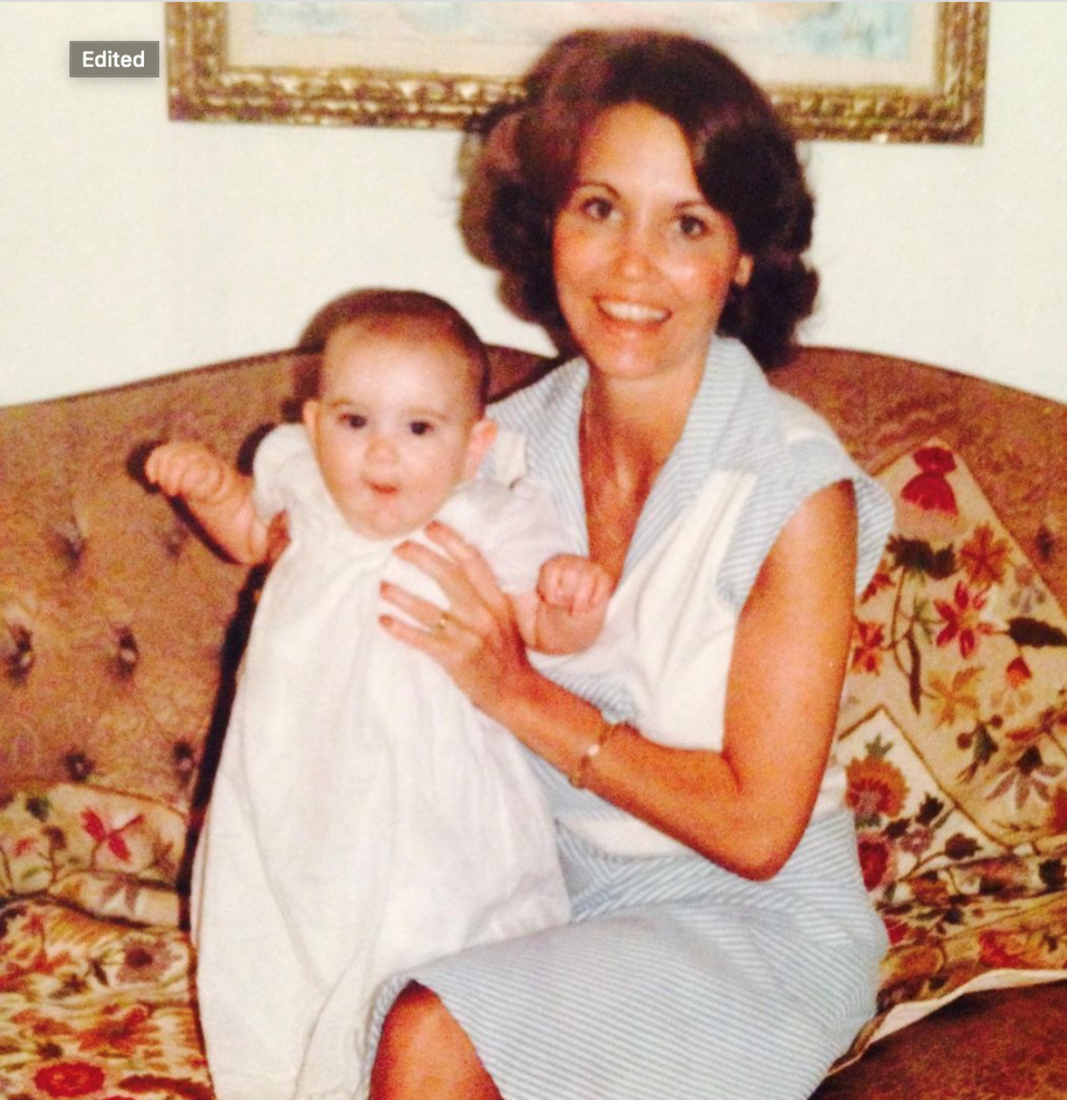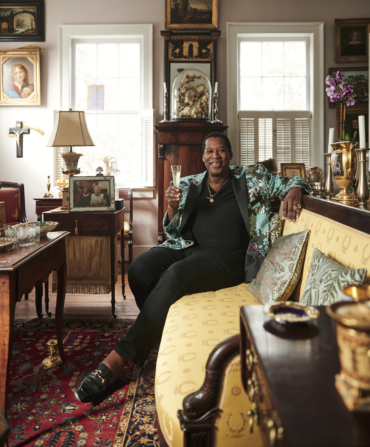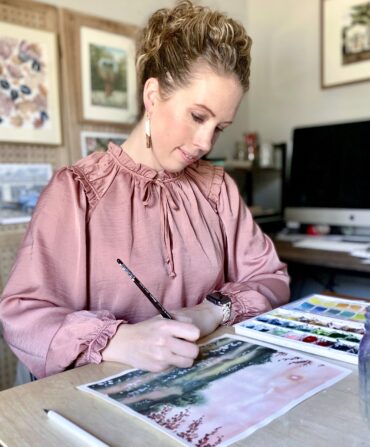Editor’s note: The following originally appeared in the G&G book Southern Women: More than 100 Stories of Innovators, Artists, and Icons. The book features interviews with, odes to, and essays by musicians, actors, artists, designers, entrepreneurs, authors, chefs, public servants, and more who have roots in the region. You can read a Q&A with Baldwin about her new book, Huddle, here.
I am a proud Southern woman living in New York City. It would be easy for me to dive right into the clichés I grew up with: demurely saying “please” and “thank you.” Never being “too big for your britches” (my mother reminds me of this to this day). Going to an important place (e.g., the CVS around the corner) wearing a little makeup. I can still see my mom chasing me through our home in Atlanta: “Brooke, please put on some blush!” And, oh yeah . . . getting married in your twenties and having babies soon after.
When I was younger, I pushed back on so much of this. My family still pokes fun at me and my Southern woman “rebellion” during my sophomore year in college: my uniform of Birkenstocks, corduroy pants, and flannels. The fact that my hair didn’t see a blow-dryer for a year. My crazy ear piercings. I didn’t have a serious boyfriend. And there was no blush in my life.
After graduating from the University of North Carolina at Chapel Hill with degrees in journalism and Spanish, I dove straight into my first job, at the NBC-affiliated television station in Charlottesville, Virginia. This felt like the big time. I was a journalist. And suddenly, my Southern values became an advantage: I knew how to tell a good story, listen, show grace, respect my community, and, yes, even reacquaint myself with a curling iron.

Those values have never been more relevant than in my work at CNN. I have hosted two hours of live television every afternoon during a turbulent time politically. I deal with people who are upset, sometimes angry—and it is my job to listen, to be respectful, and to push back when necessary.
I also created a CNN series called American Woman, for which I’ve interviewed the likes of Ava DuVernay, Betty White, and Diane von Furstenberg—and dedicated it to my mom. When I showed her one of the first episodes, it brought her to tears. She reminded me that when she grew up, she wasn’t encouraged to speak up or to speak out. And as I threw my arm around her, I had an important revelation: My mother and millions like her felt they couldn’t use their voices but taught their daughters they must. I focused my next American Woman series on female candidates running for office in a year when an unprecedented number of women were doing so.
One of the biggest compliments someone can give me is that I am a “woman’s woman.” I believe part of my life’s calling is to support other women, to give them a voice, and to inspire. And as far as being a Southern woman in Manhattan: As I’ve gotten older, I have never been prouder of my roots. I often find myself holding the door for others, complimenting random women on the street, and consciously slipping a “y’all” into conversation. I want people to know where I come from. In life, you test values because you’re young, or you question them because you live somewhere else. Sometimes it takes leaving to fully appreciate what you miss, what makes you tick, who you are.
Most important, being a Southern woman is holding a contradiction within yourself: the need to be tough and soft, fierce and feminine. To be the embodiment of graceful . . . and to never, ever forget where you come from.








